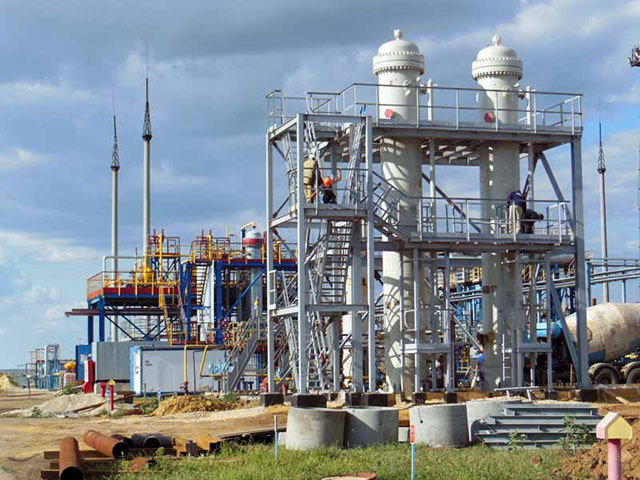
The scramble for gasoline this summer has thrown a lifeline to European refiners, pushing gasoline cracks to multi-year highs and tightening the market for the fuel’s components, but the seasonal effect next year is likely to be more muted.
Stephen George, chief economist at UK-based consultancy KBC Advanced Technologies, said demand for gasoline in the United States and China had risen by about 600,000 barrels per day (bpd) year-on-year, triggered by lower oil prices.
“It’s about twice as strong as distillate demand growth this year, while new market supplies are skewed to diesel,” George said in the Reuters Global Oil Forum on Thursday.
Much of the new refining capacity that has come onstream over the last 12 months in the Middle East is oriented towards middle distillates. For example, the new Yasref refinery in Yanbu, Saudi Arabia is designed to produce a 62 percent diesel yield, George said.
Some European refiners have also invested heavily in hydrocracking units to address a structural shortage of diesel, while other plants have ceased production in recent years.
“This has led the market to tighten up, especially for octane, especially for blending components,” George said.
Traders have reported shortages of high-octane gasoline blending components, as more US motorists opt to fill their tanks with premium fuels. US gasoline demand is at its second-highest level since 1991.
The old gasoline-oriented European plants have benefited from this, with gasoline barge cracks – or the profit made from refining crude into the motor fuel – leaping to 10-year highs of almost $32 a barrel in early July.
“Northwest European refiners have always been in an awkward position where they were designed to make mogas (gasoline) but were operated to maximise distillate,” George said.
“So probably now they are dusting off the old playbooks and re-remembering how to make more mogas.”
He expects some of this seasonal strength to return next year, but imagines it will be muted in comparison because the market will have had longer to respond.
“No one was really planning to make this much mogas … We’ve spoken with a lot of ecstatic refiners this summer,” he said.